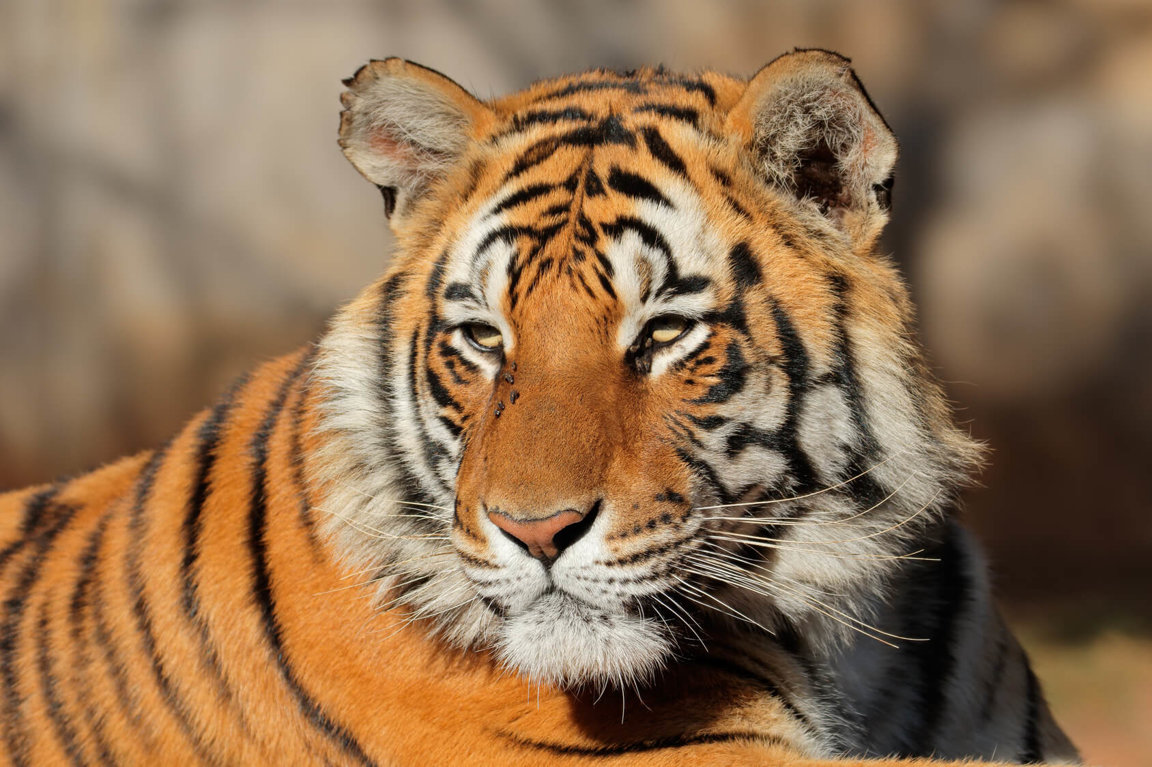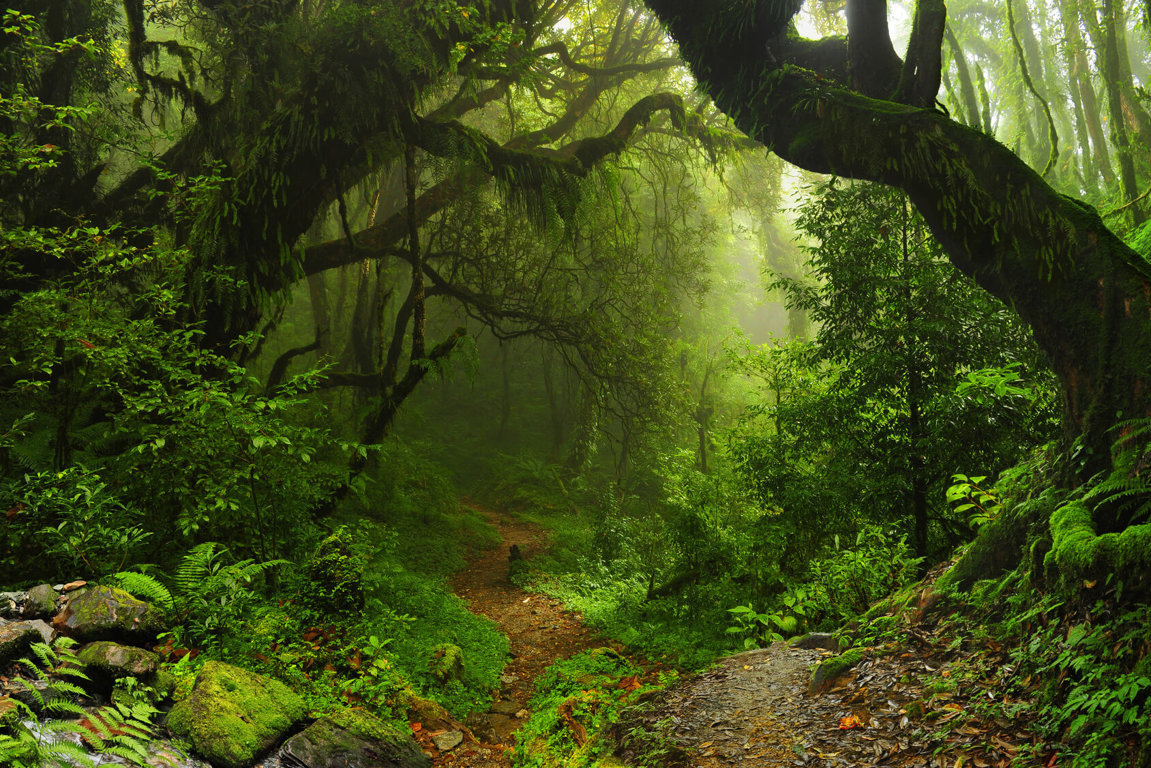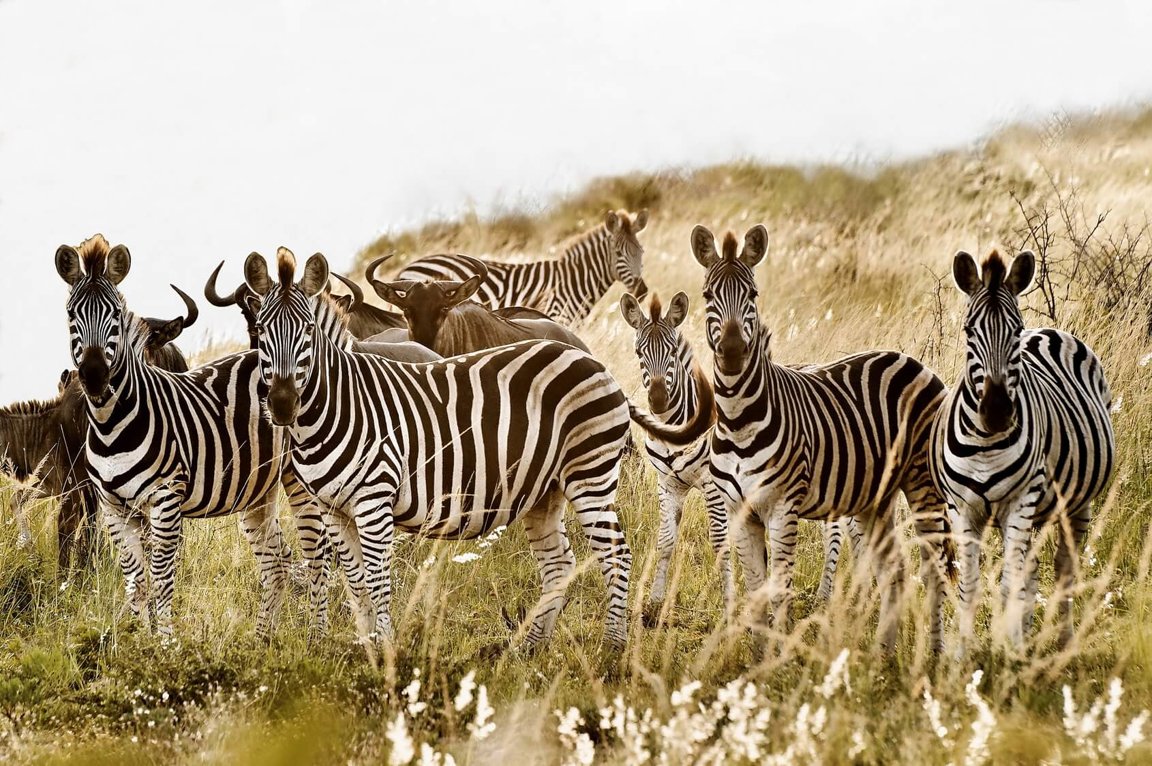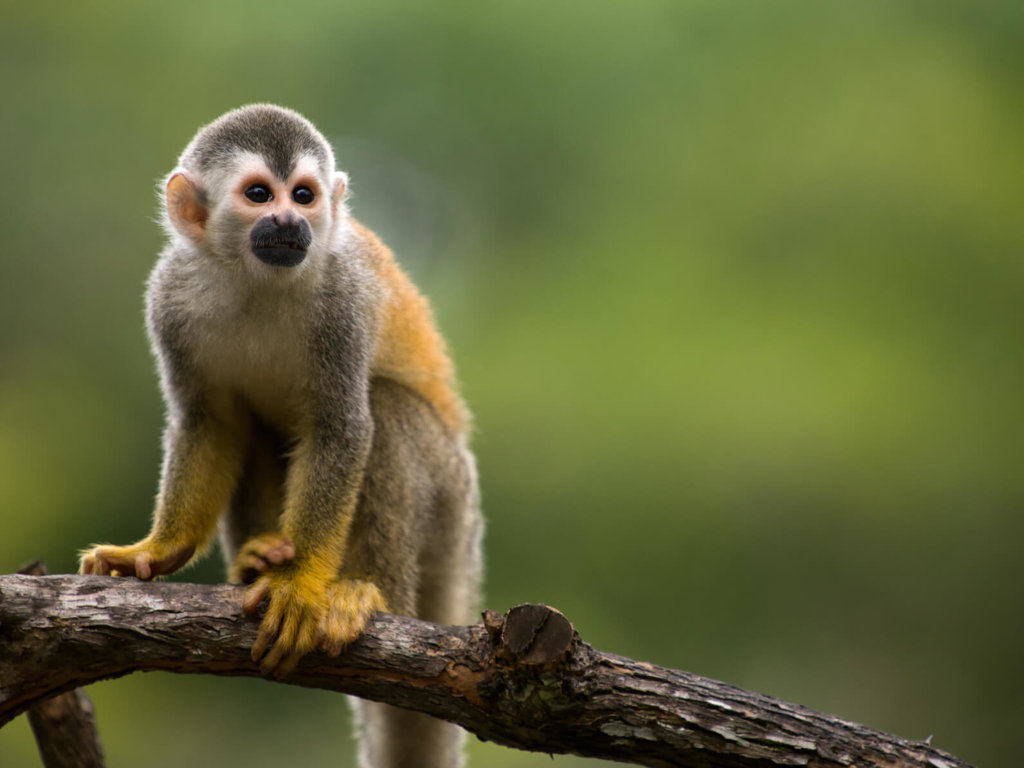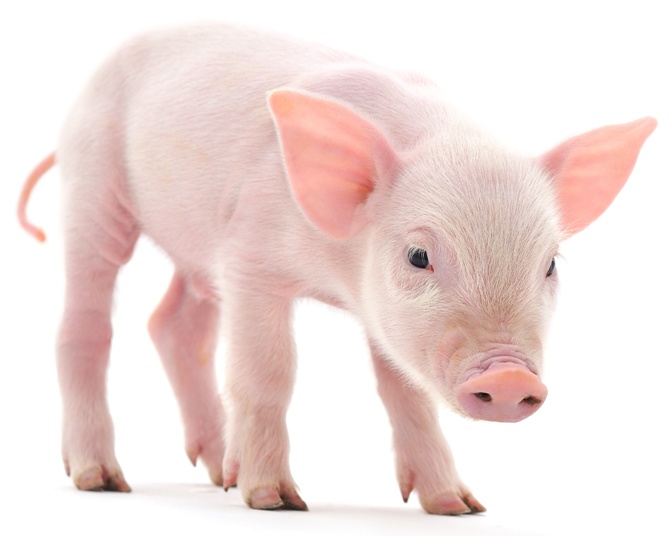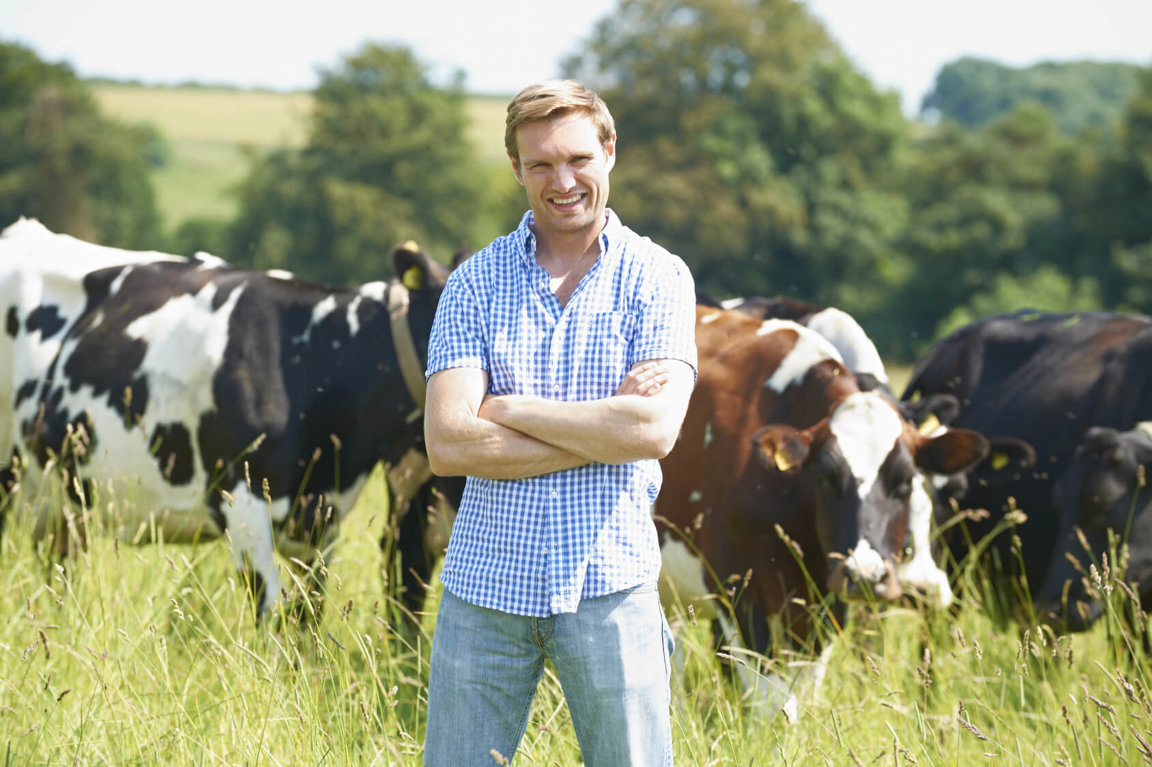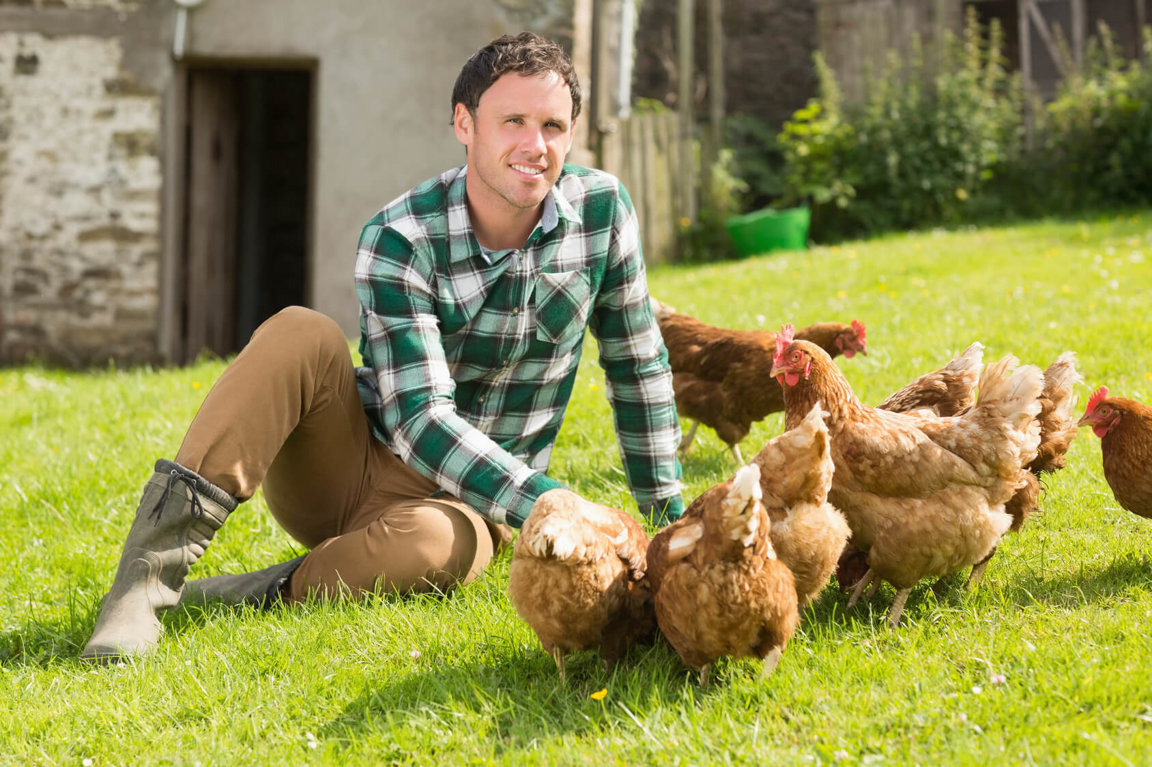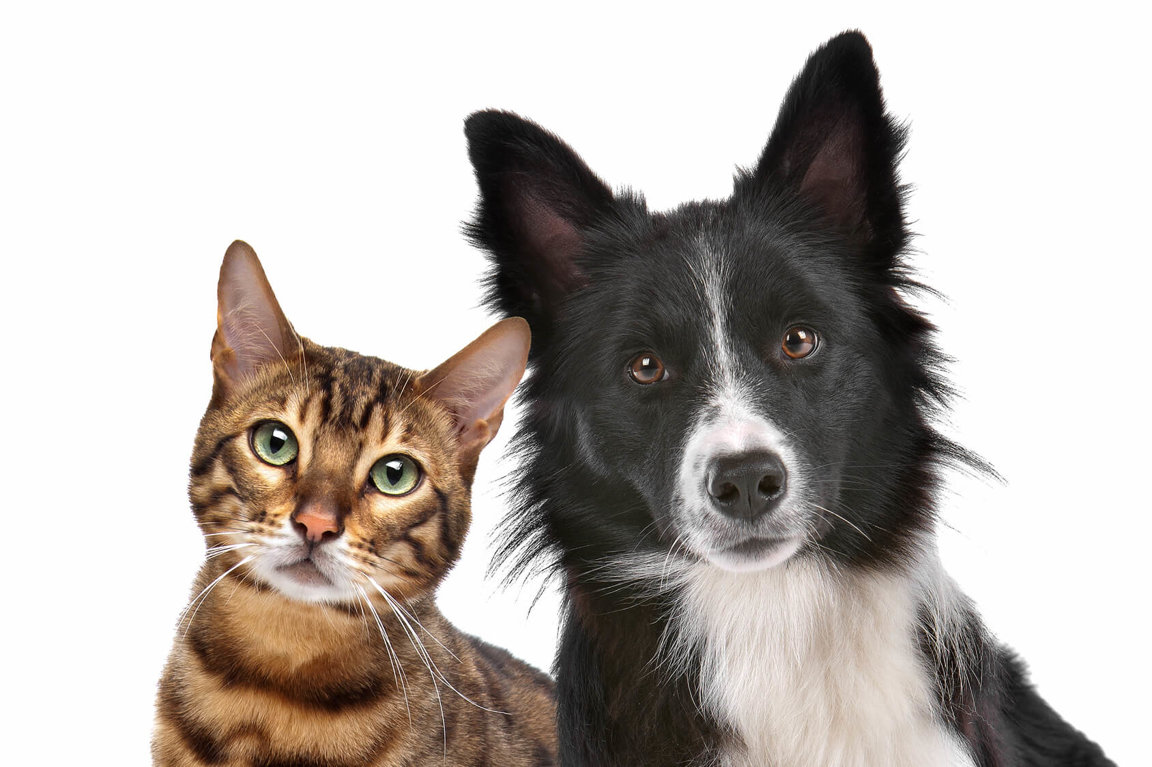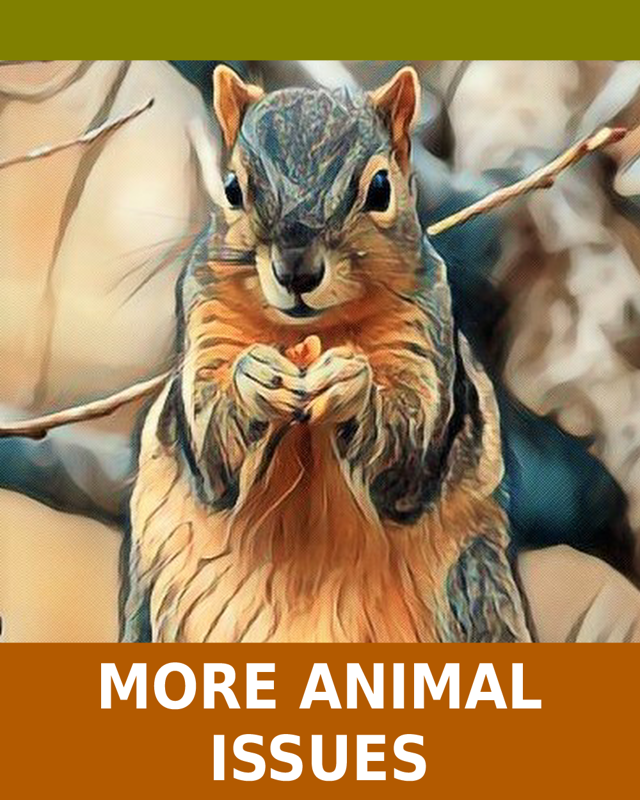
More Animal Issues
The actions of humans have created many threats to animals. As human populations increase, these threats multiply, leading to a fewer number of some species, and total extinction of others. All animals contribute to the ecology of the earth and are vital to its health and continuation.
Many animal species are threatened with extinction, and many critical wildlife habitats are being destroyed. The problems are large and complex—requiring the combined efforts and cooperation of numerous groups, organizations and agencies around the world. But most importantly, preservation and protection of wildlife and their habitats starts with each individual human.
The consolidation of farms in recent years has radically altered the face of farming. Today more animals are being raised on less land, with profound effects on the animals, rural communities and the environment. Companion animals face cruelty, neglect and homelessness.
Together, we all play an important role in protecting animals and their homes. By joining a conservation organization, welcoming wildlife into your yard with native plants, reducing and recycling, refraining from using of herbicides and pesticides, adopting from shelters, rescuing animals from danger, and speaking out for animals and nature, you can help animals everyday.
